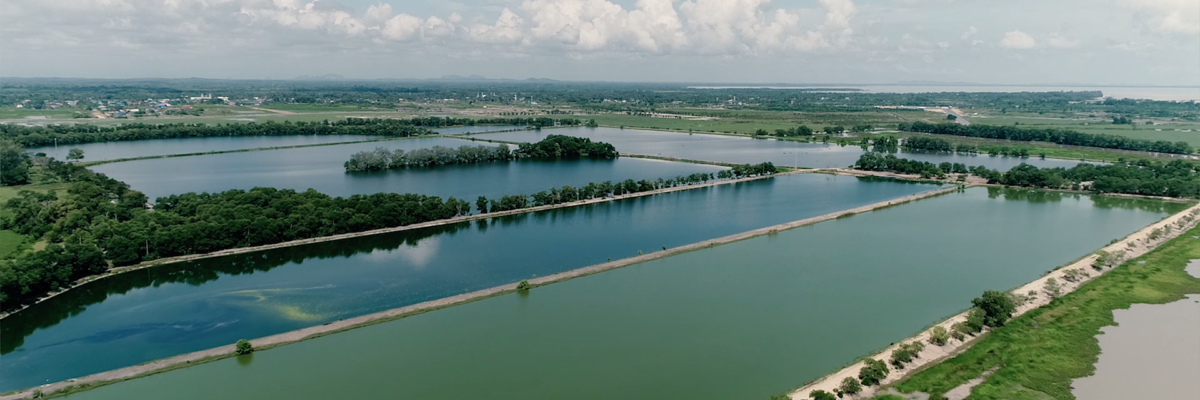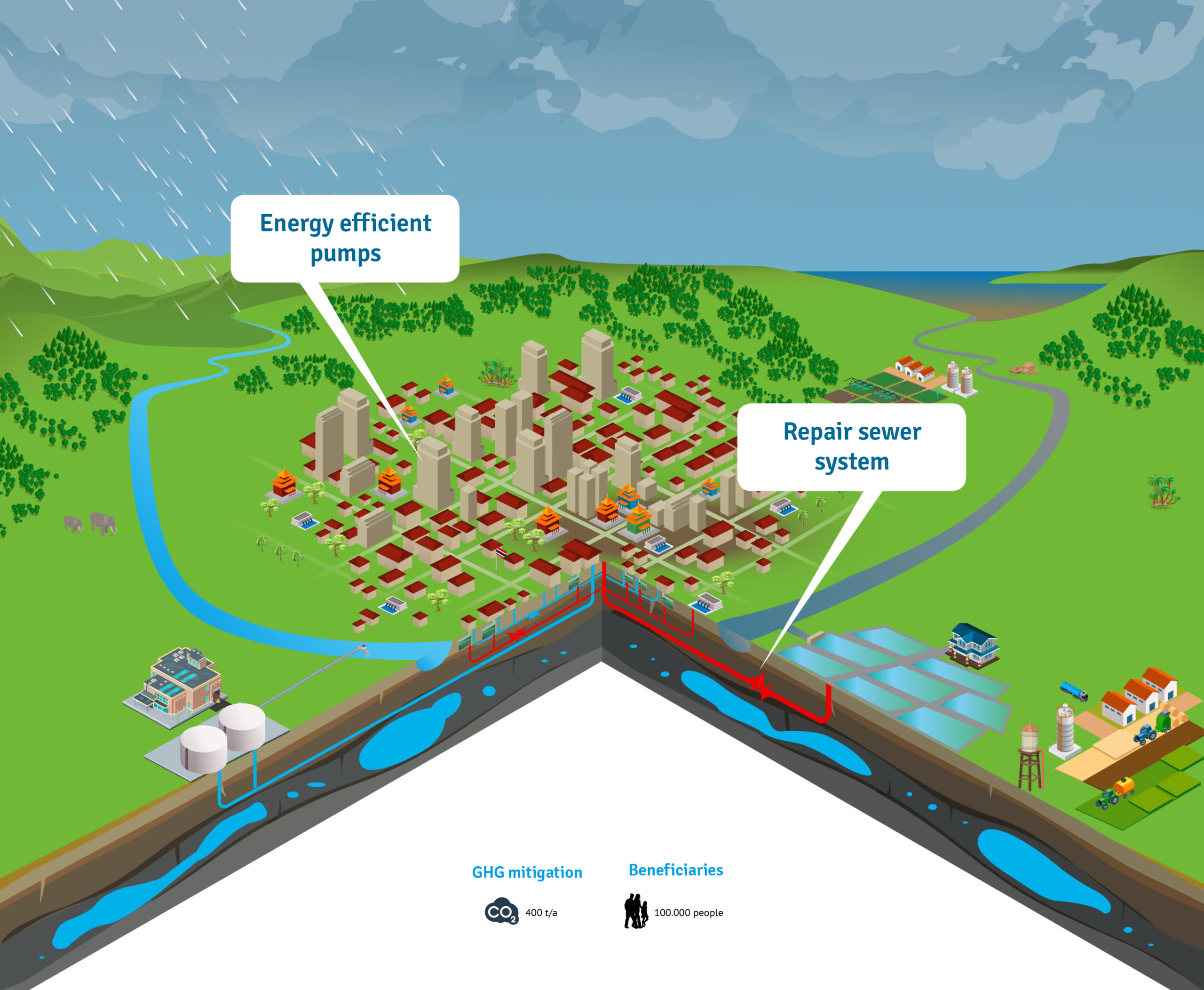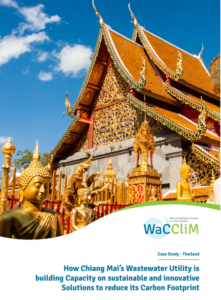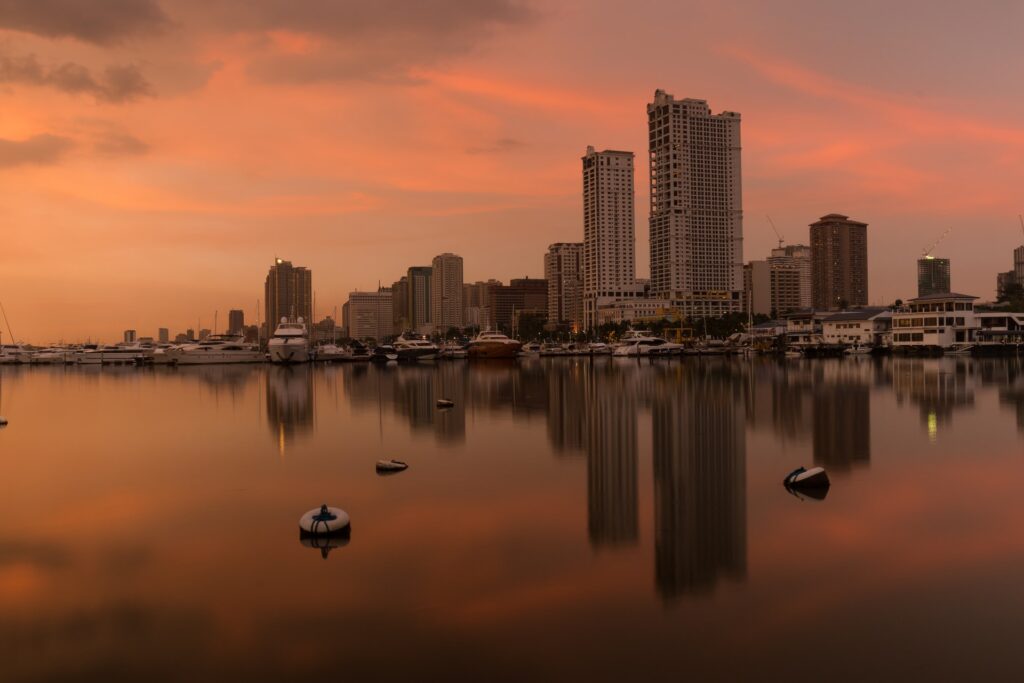
Thailand's the national challenge
Located in one of the regions most vulnerable to the impact of global warming, Thailand has established policies, action plans and climate change mitigation and adaptation strategies over the last several years. In the Paris Agreement, Thailand has ambitiously committed to reduce its greenhouse gas emissions by 20% compared to projected business-as-usual (BAU) level compared to 2005 levels, with the option to increase its contribution to greenhouse gas reduction up to 25% by 2030.
Water pollution is a major environmental concern in Thailand. One of the main reasons is the unmanaged discharge of untreated domestic wastewater directly into water bodies resulting in the deterioration of water sources and significant GHG emissions. A growing population along with urbanization, industrial and agricultural expansion lead to an increased demand for water and wastewater services, while the effects of climate change, including more frequent and severe floods and droughts, increase the challenges that water managers are facing.
GHG emissions in Thailand
Municipal wastewater treatment, which accounts for 47.5% of the total greenhouse gas emissions of the waste sector in Thailand, contributes to high energy-related emissions.
WaCCliM in Thailand
In Thailand, the wastewater utility of Chiang Mai can reduce its GHG emissions by 12% of the total utility’s CO2e emissions per person/year if measures for improved pumping efficiency, reduced infiltration in the sewer system and increased service coverage are implemented. At the same time, energy costs make up to 56% of total operational costs. Reducing these costs is a major driver to reduce greenhouse gas emissions.





